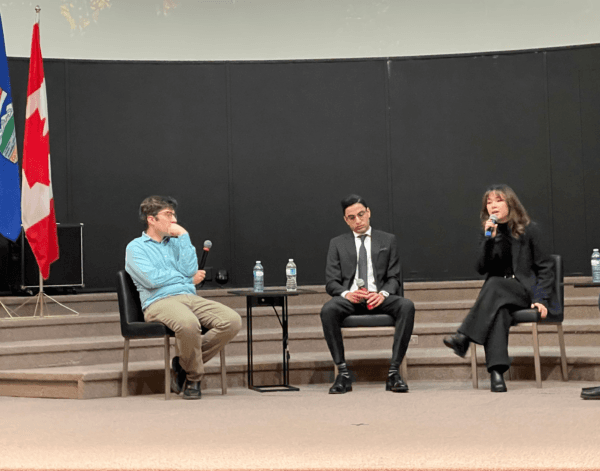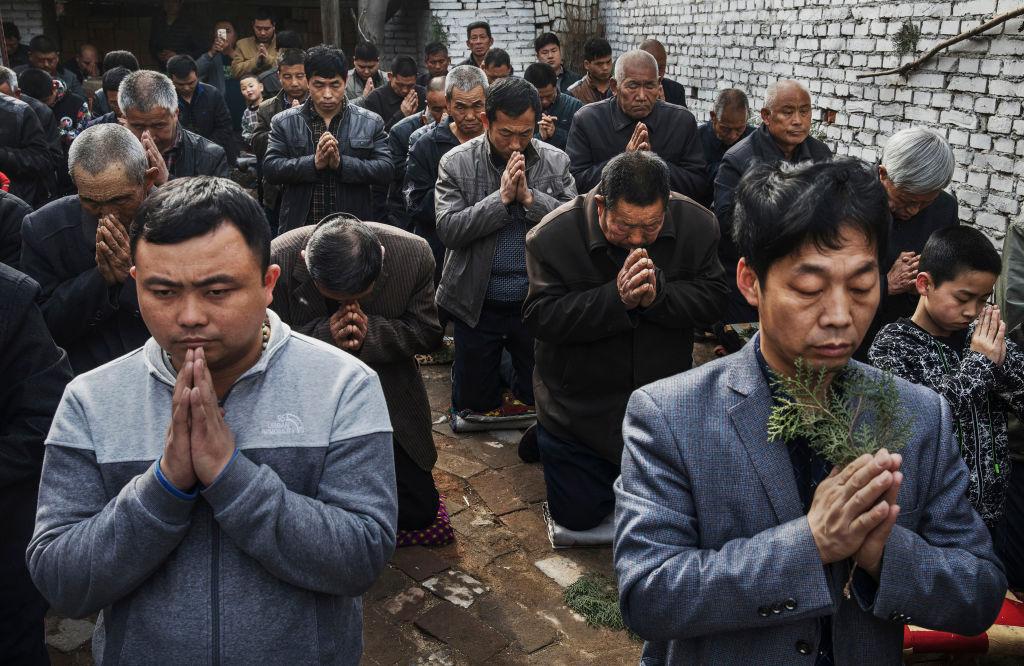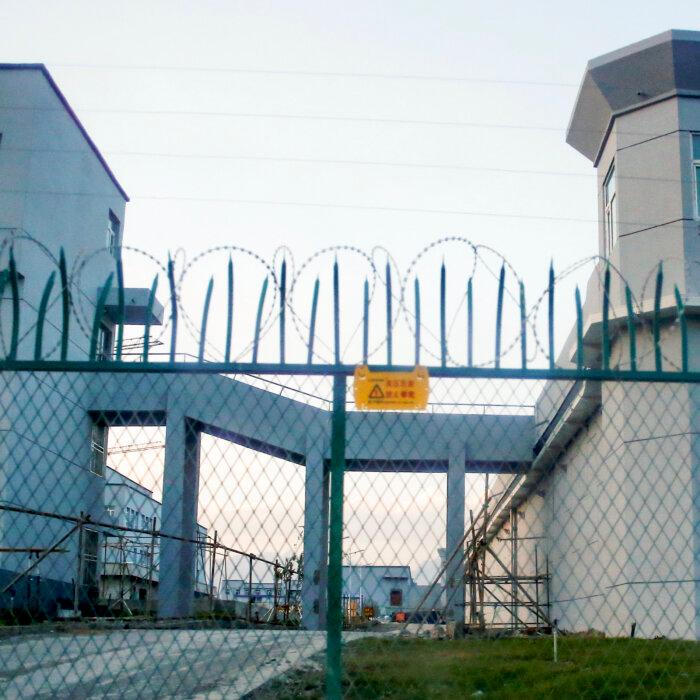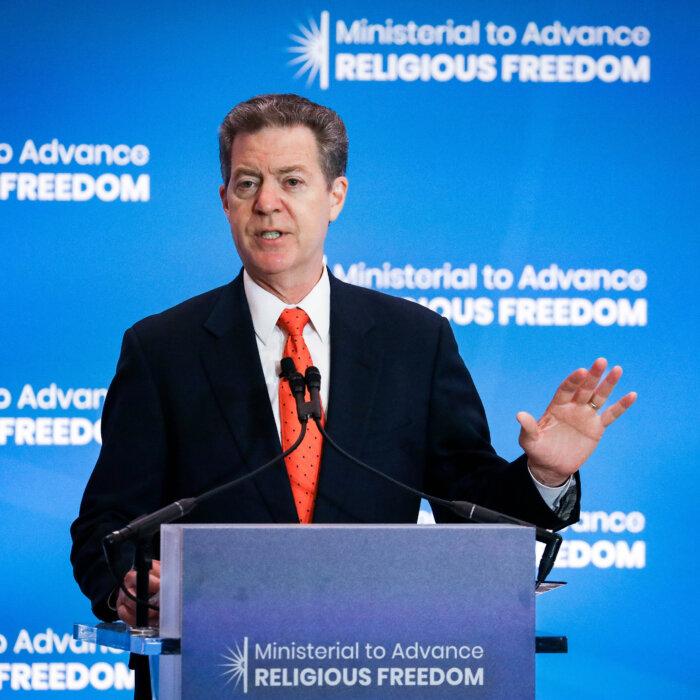China, widely recognized as one of the world’s “worst offenders” of religious rights, has carried out persecution in various forms to uphold its communist ideology and maintain political control, a rights advocate said at a global religious persecution forum in Edmonton.
Katherine Leung, a policy adviser at Hong Kong Watch, commented on why certain regimes or governments perceive an advantage or necessity in persecuting religious minority groups.
She added that the regime’s religious persecution aims to ensure social and political control. “They want to make sure that when you are worshipping, when you think of the most important things in your life, it is [Chinese leader] Xi Jinping, the Chinese Communist Party (CCP), the People’s Republic of China—not God or other deities that people might worship in China,” Ms. Leung said.
Ms. Leung was part of a three-person panel that urged renewed awareness regarding the persecution of religions and spiritual practices worldwide, including Falun Gong, Christianity, and Muslims in China and Pakistan. Conservative MP Garnett Genuis and Pakistani-Canadian human rights advocate David Bhatti were the other two panelists.

Christians in China also face state control through denomination-based agencies. Ms. Leung pointed to the Three-Self Patriotic Movement, a state-sanctioned Protestant organization, which operates under CCP supervision. Its influence includes appointing clergy loyal to the Party who adhere to state-controlled regulations.
Catholics face similar state control through entities like the Chinese Patriotic Catholic Association, which oversees the appointment of state-approved clergy who align with the Party’s religious restrictions, Ms. Leung said.
Restoring Canada as a Religious Freedom Champion
Mr. Bhatti said the forum on global religious persecution held on March 2 coincided with the assassination of his uncle, Shahbaz Bhatti, 13 years ago on March 2, 2011. Shahbaz Bhatti, the only Christian to serve in Pakistani Prime Minister Yusuf Raza Gilani’s Cabinet, was fatally shot outside his mother’s home in Islamabad for upholding his faith. In 2022, a public park in Brampton, Ont., was dedicated to him in recognition of his advocacy for religious rights.Mr. Bhatti said that Canada was once a global champion against religious oppression. However, he noted that over the decades, a growing indifference among many political leaders has resulted in the fading of that glory.
“I believe that the first step for us as Canadians towards restoring our country’s reputation as a champion of religious freedom globally begins with understanding exactly what religious persecution really is,” he said.
“As Canadians, I believe we have the responsibility to speak for those who cannot speak for themselves, or those who cannot worship God in the way that they choose, or cannot stand for what they think is right, or cannot oppose what they believe is wrong, or cannot choose who governs their country.”
Mr. Bhatti added that Canada also faces challenges at home and must remain vigilant against “the creeping threats to our own individual liberties here.”
“But we shouldn’t ignore the threats to religious freedom at home, and we should be challenging our leaders about those things as well. Because the slide can happen anywhere. The slide away from the protection of our fundamental rights can happen in any part of the world, and we shouldn’t presume that it can never happen here in Canada,” he said.







